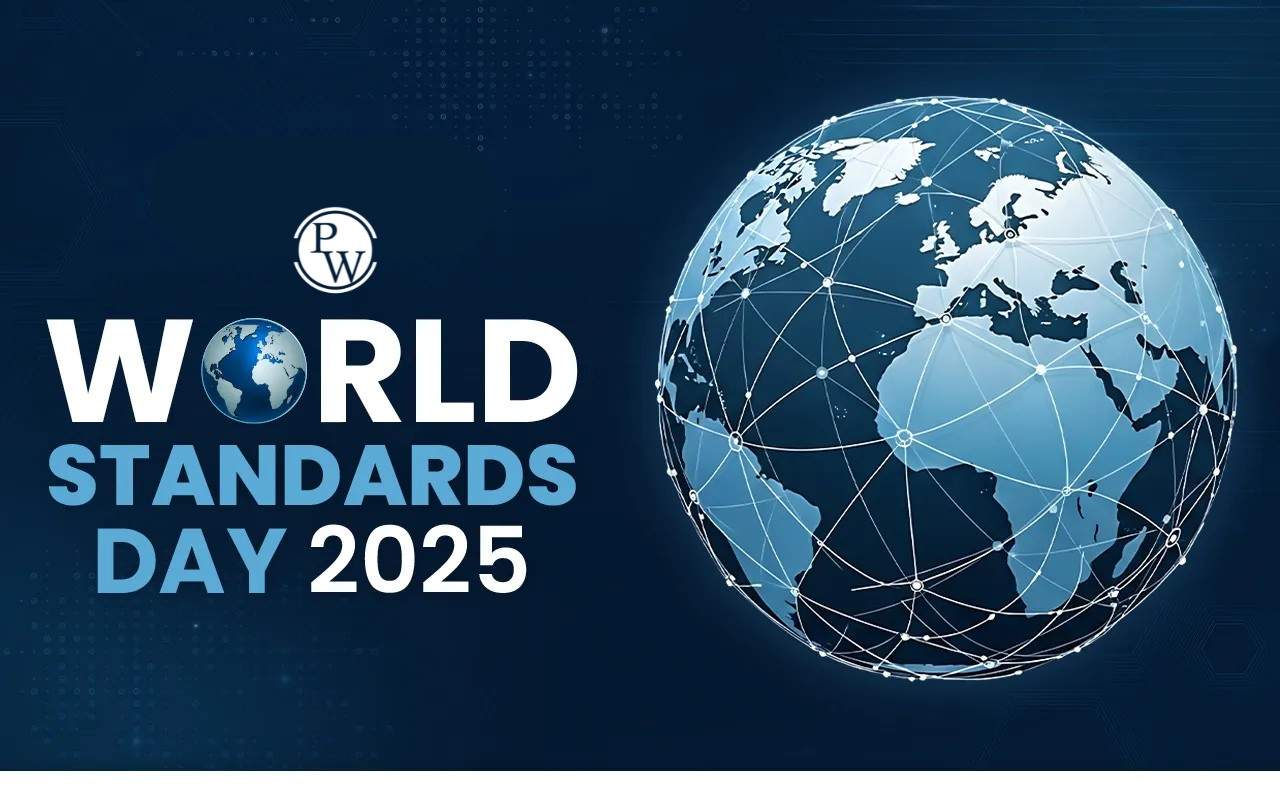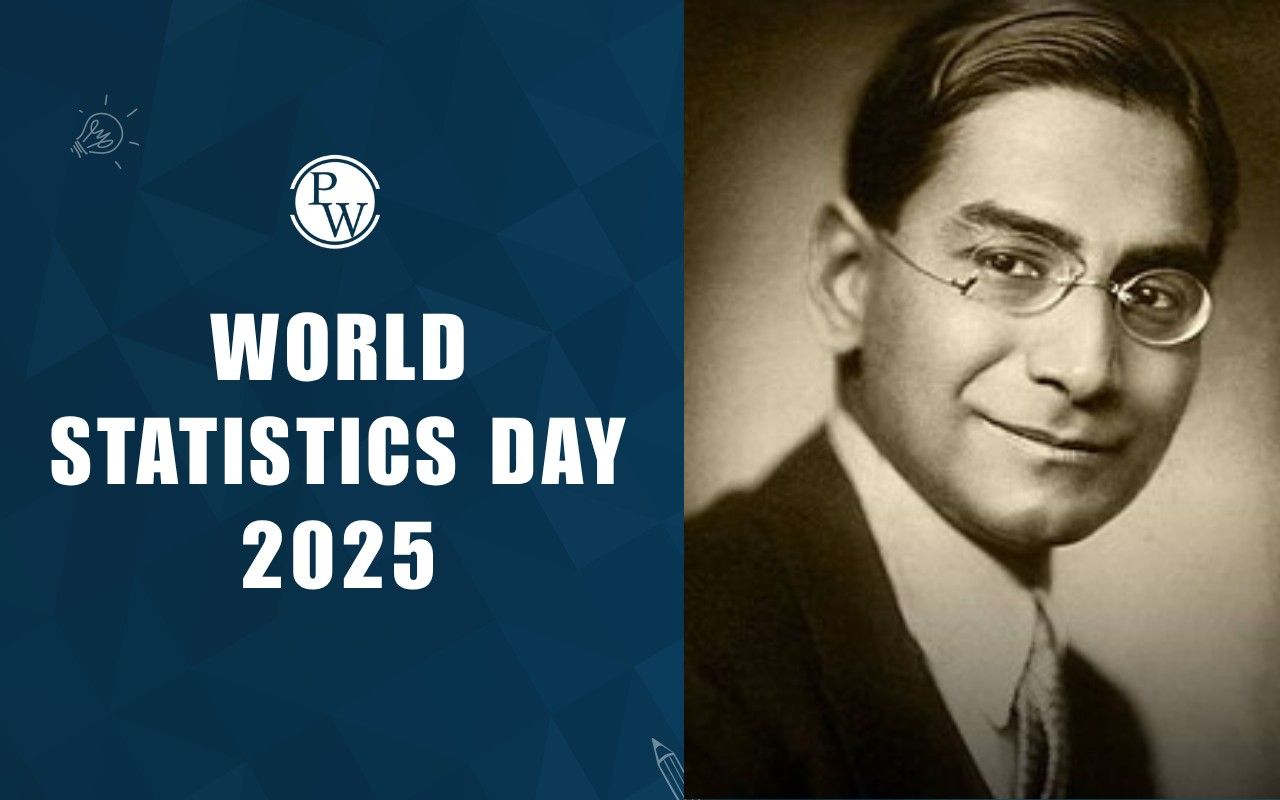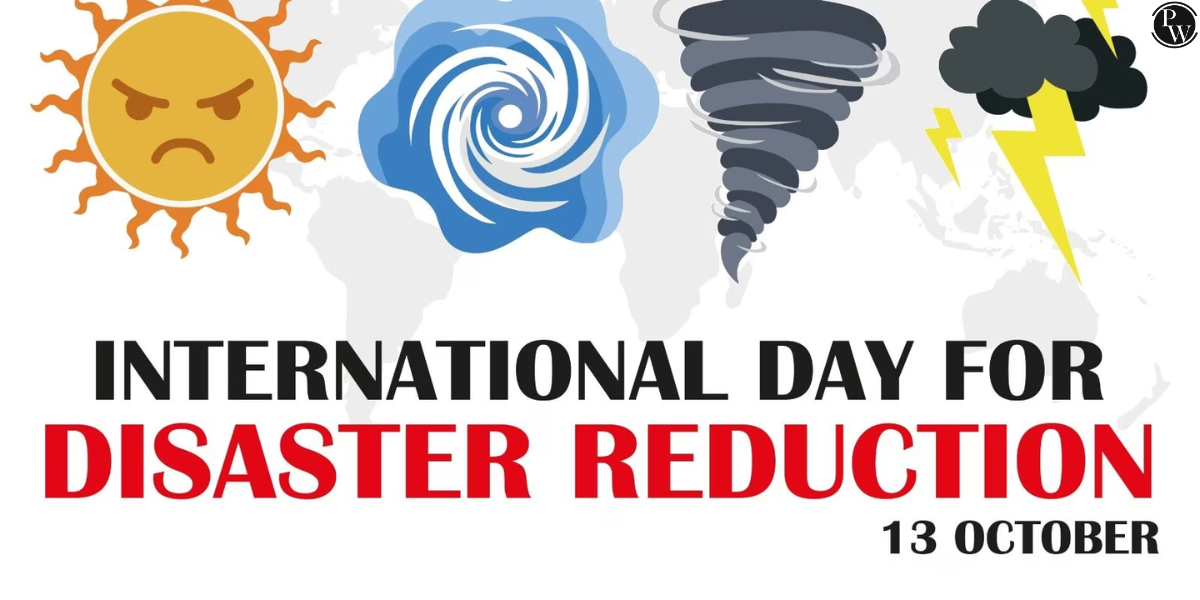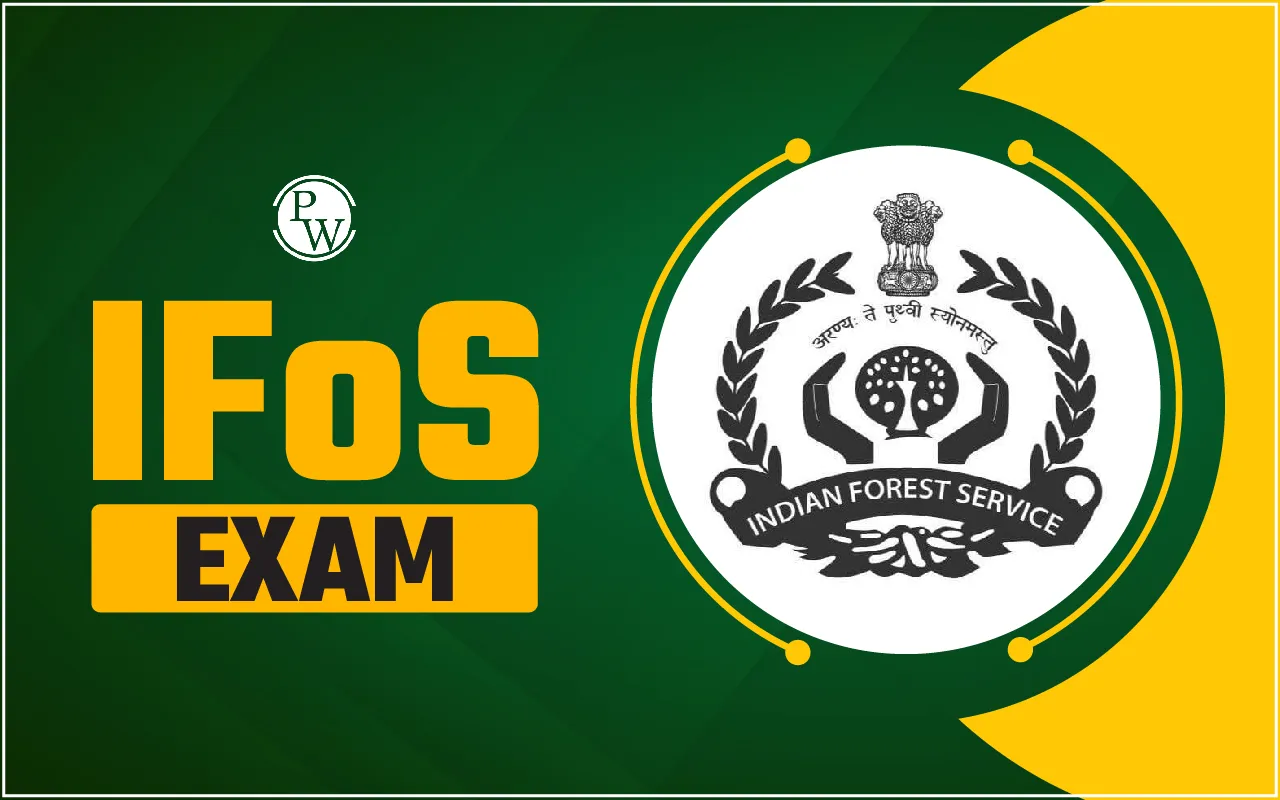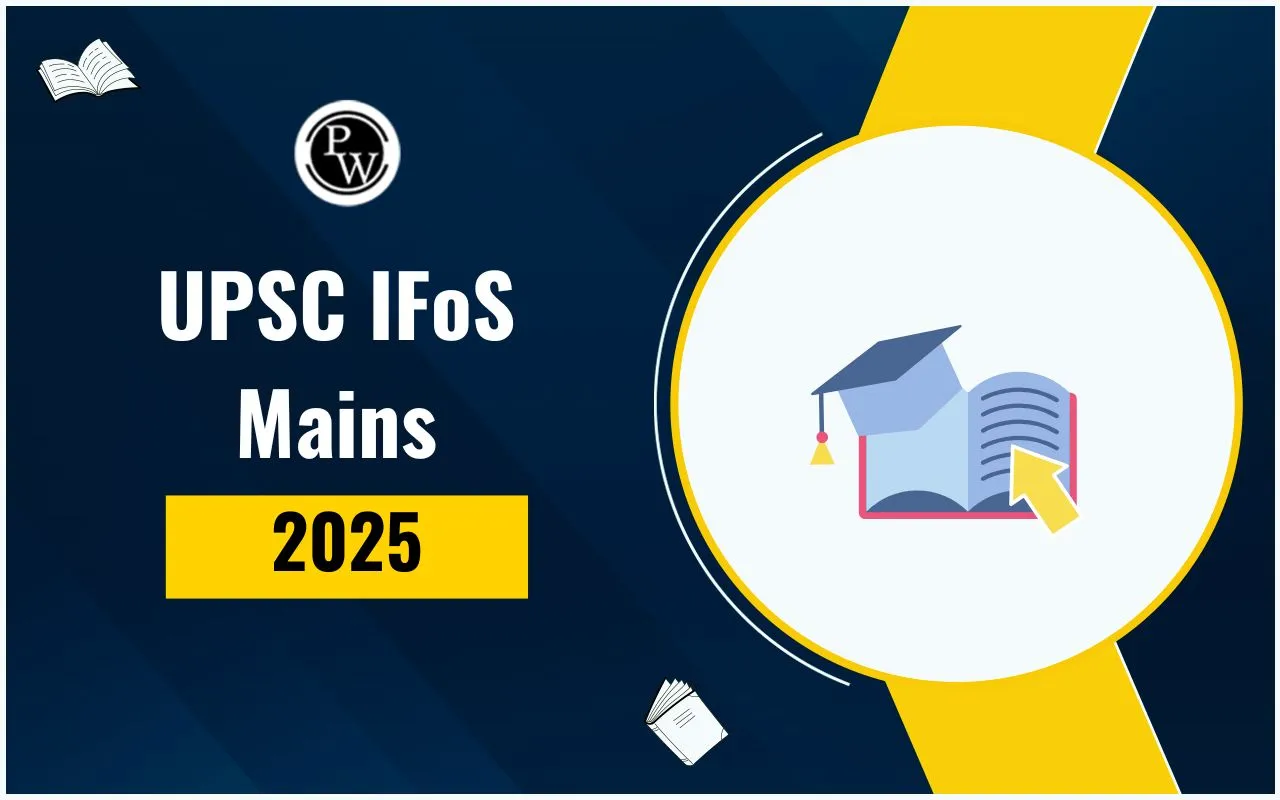

PM Mudra Yojana, also known as PMMY completed a decade of success since its launch on April 8, 2015. The scheme aimed to provide financial support to small businesses and micro-entrepreneurs by offering collateral-free loans. In the past 10 years, the Mudra Yojana has sanctioned over 52 crore loans, significantly fueling an entrepreneurial revolution in India.
10 Years of PM Mudra Yojana
The Pradhan Mantri Mudra Yojana celebrated its tenth anniversary on April 8, 2015. Since its launch, PM Mudra Yojana has sanctioned over 52 crore loans, amounting to more than ₹32 lakh crore, thus fueling a national entrepreneurial revolution. The impact is visible nationwide as entrepreneurship is flourishing even in small towns and villages.
Credit: mudra.org.in
The scheme has prioritized financial inclusion. According to PIB various reports indicate that around 68% of PMMY beneficiaries are women, reflecting its success in empowering female entrepreneurs. Additionally, a significant portion of loans has gone to Scheduled Castes, Scheduled Tribes, and Other Backward Classes, demonstrating a commitment to inclusive economic growth.
Also, there has been a significant increase in credit flow to Micro, Small, and Medium Enterprises (MSMEs) supporting a thriving business ecosystem. With increased access to finance, more individuals are transitioning from job seekers to job creators promoting economic self-reliance across India.
Pradhan Mantri Mudra Yojana (PMMY)
The Pradhan Mantri Mudra Yojana (PMMY) is a flagship scheme launched by the Government of India in April 2015. It aims to empower small businesses, entrepreneurs, and individuals who wish to start or expand their ventures. Under this scheme select banks and financial institutions provide collateral-free loans of up to ₹20 lakh to micro and small enterprises.
| Mudra Yojana Details | |
| Scheme Name | Pradhan Mantri MUDRA Yojana (PMMY) |
| Mudra Full Form | Micro Units Development and Refinance Agency (MUDRA) Yojana |
| Launched On | April 8, 2015 |
| Categories | For non-corporate, non-farm small/micro enterprises |
| Loan Amount | Up to ₹20 lakh (only for those who have successfully repaid previous loans under 'Tarun') |
| Loan Categories |
|
| Lending Institutions | Public Sector Banks, Private Sector Banks, Regional Rural Banks (RRBs), Small Finance Banks, Micro Finance Institutions (MFIs), Non-Banking Financial Companies (NBFCs), and Other financial intermediaries approved by Mudra Ltd. |
| Application Mode | Offline via banks or online through www.udyamimitra.in |
| Progress | In FY 2024-2025, the government has disbursed around Rs. 502782.13 crore under the scheme. |
Also Read: PM Vishwakarma Scheme
PM Mudra Yojana Objectives
The vision of PM Mudra Yojana according to its official website is
The key objectives of PMMY include:
-
Empowering micro and small businesses with financial support.
-
Creating job opportunities through self-employment.
-
Boosting rural and urban economies by supporting small enterprises.
-
Encouraging innovation and growth at the grassroots level.
-
Reducing reliance on informal lending systems and promoting formal credit systems.
PM Mudra Yojana Eligibility
The eligibility criteria for PM Mudra Yojana is as follows:
-
Eligible Borrowers:
-
Individuals
-
Proprietary concern
-
Partnership Firm
-
Private Ltd
-
Company
-
Public Company
-
Any other legal forms.
-
Eligible Activities:
-
Non-farm income-generating activities such as manufacturing, trading, and services
-
Activities allied to agriculture, including poultry, dairy, beekeeping, etc.
-
Credit History Requirement:
-
Applicants should not have any previous loan defaults with financial institutions.
-
Qualification/Skill/Experience Requirement:
-
Borrowers may need relevant skills, experience, or knowledge to carry out the proposed activity.
-
Determined based on the nature of the proposed activity; not mandatory for all applicants.
Also Read: Production Linked Incentive Scheme
-
Eligible Lending Institutions:
-
Public Sector Banks
-
Private Sector Banks
-
Regional Rural Banks (RRBs)
-
Micro Finance Institutions (MFIs)
-
Non-Banking Financial Companies (NBFCs)
-
Small Finance Banks (SFBs)
-
Cooperative Banks/Mudra Ltd. approved financial intermediaries.
-
Documentation:
-
Basic documentation is required, including identification proof, address proof, and business plans.
Mudra Yojana Features
PM Mudra Yojana has several features that set it apart from traditional lending options:
-
Collateral-Free Loans: One of the most attractive features of PMMY is that loans are provided without requiring collateral.
-
Loan Amounts: The Yojana offers loans ranging from ₹50,000 up to ₹20 lakh. This flexibility allows borrowers to choose a suitable loan amount based on their business requirements.
-
Multiple Categories: PMMY is divided into three categories – Shishu, Kishor, and Tarun. Each category is tailored to serve different stages of business growth.
-
Affordable Interest Rates: Banks provide loans at reasonable rates, varying with loan size and applicant profile.
-
Wide Reach: Loans are available through various financial institutions including commercial banks, regional rural banks, and microfinance institutions.
-
Focus on Inclusivity: The scheme pays special attention to women entrepreneurs and marginalized groups. It aims to empower those historically excluded from formal credit systems.
PM Mudra Yojana Benefits
The key benefits of Pradhan Mantri Mudra Yojana include:
-
Economic Empowerment: By facilitating loans, PMMY encourages self-employment and entrepreneurial growth, reducing dependency on traditional jobs.
-
Employment Generation: The scheme indirectly creates jobs, as successful micro-enterprises often require additional labor.
-
Financial Freedom: Entrepreneurs gain financial independence, enabling them to take control of their finances and futures.
-
Promotion of Women Entrepreneurs: With a significant percentage of beneficiaries being women, the scheme fosters gender equality in business.
-
Access to Formal Credit: Many micro-entrepreneurs previously relied on informal lending sources. PMMY opens the doors to formal financial systems, offering better interest rates and repayment options.
In conclusion, the PM Mudra Yojana has emerged as a transformative initiative in the last 10 years for many aspiring business owners in India. By providing easy access to collateral-free credit, it facilitates the growth of small businesses.
Want to learn more about government schemes and boost your preparation, explore PW UPSC Courses!
| UPSC Related Articles | ||
| UPSC Prelims Previous Year Questions Paper | NCERT for UPSC Exam 2025 | UPSC Admit Card |
| UPSC Exam Pattern | UPSC Prelims Syllabus | UPSC Result |
PM Mudra Yojana FAQs
What is Pradhan Mantri Mudra Yojana?
Who is eligible for the MUDRA yojana?
What are the different categories of loans under PMMY?
Is collateral required for loans under PM Mudra Yojana?
How has PM Mudra Yojana impacted women entrepreneurs?





